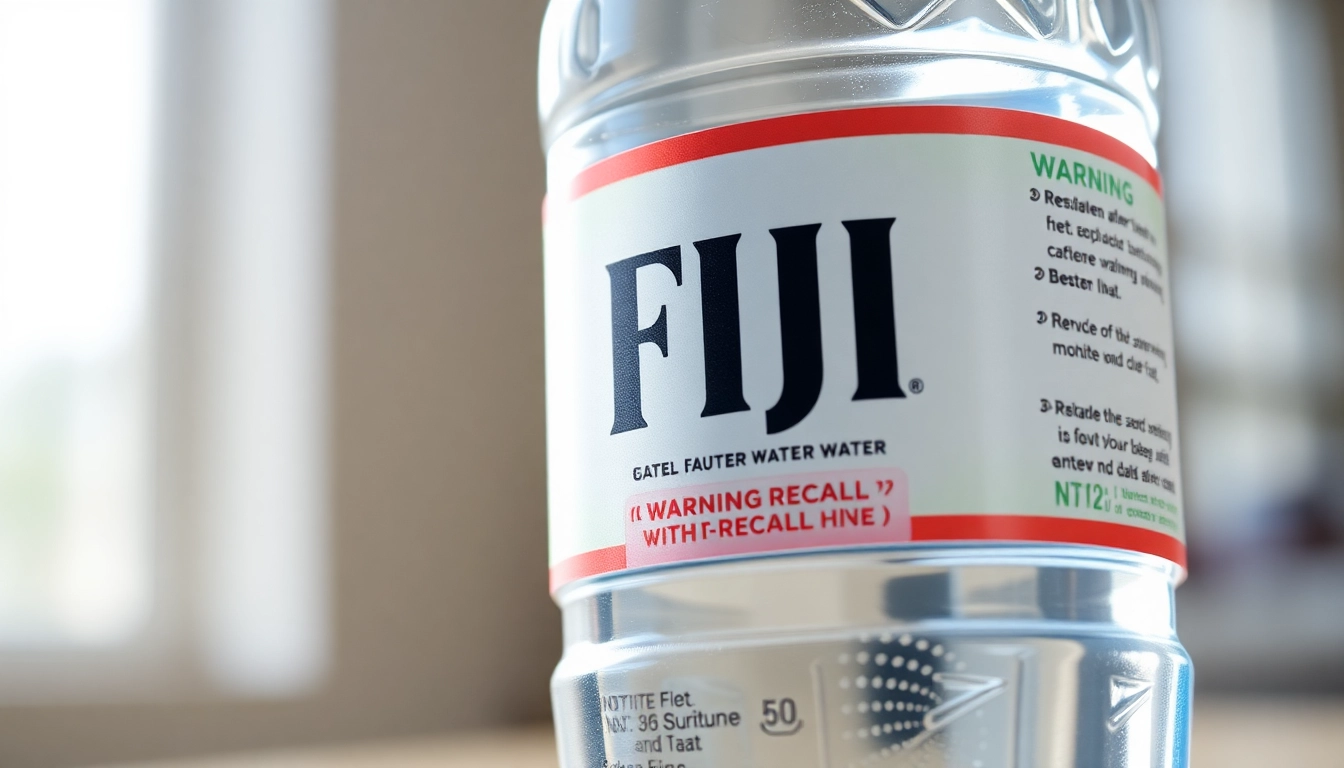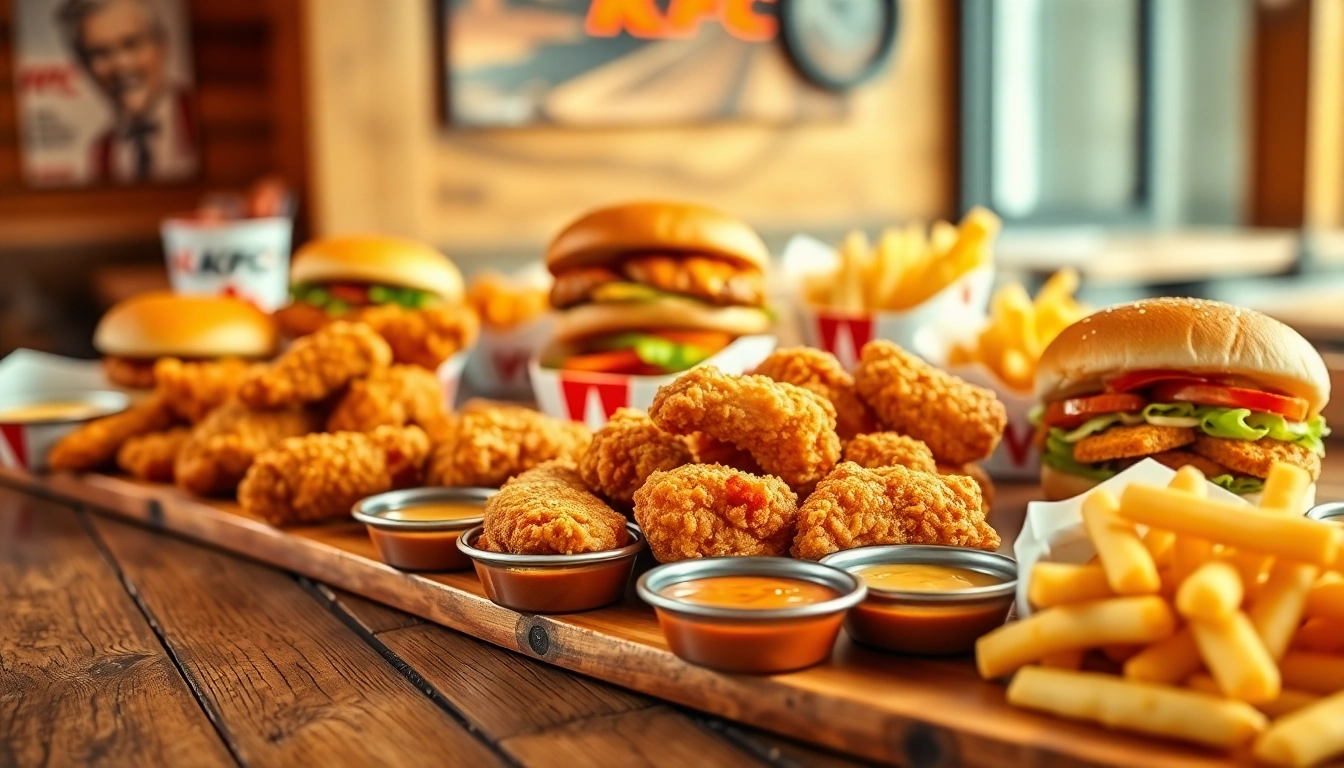Understanding the Fiji Water Bottles Recalled
Overview of the Recall Details
On May 23, 2024, the U.S. Food and Drug Administration (FDA) announced a significant recall involving 78,533 cases of Fiji water bottles recalled, which amounts to approximately 1.9 million individual bottles of Fiji Natural Artesian Water. The recall was classified as a Class III recall, indicating that the potential for serious health consequences is low; however, the possibility of contamination raised sufficient concerns to warrant immediate action.
The recalled products were primarily distributed online, and customers purchasing from platforms like Amazon were significantly impacted. Understanding the specifics of this recall is vital for consumers who may have recently purchased Fiji Water, as the implications of using contaminated products can extend beyond immediate health risks.
What Caused the Recall?
The recall was initiated due to the discovery of elevated levels of manganese and the presence of specific bacterial genera in the bottled water. Manganese, while a mineral found in various foods and water, can be harmful in excessive amounts especially for individuals with specific health conditions such as allergies to metals. The three bacterial genera detected pose health risks, potentially leading to gastrointestinal issues.
This combination of contaminants prompted Natural Waters of Viti Limited, the parent company of Fiji Water, to act proactively in recalling their products from shelves to protect public health. The decision was made after routine sampling and testing revealed these issues, reflecting the company’s commitment to consumer safety.
Recall Timeline and Updates
The recall announcement was made public on May 23, 2024, following initial testing results. Subsequent investigations and updates continued throughout late May, with further details emerging about the extent and nature of the contamination. Regulatory bodies monitored the situation closely, ensuring that consumers were notified and provided with detailed information on how to identify affected products.
By June 2024, the affected batches were removed from store shelves, and the company announced that they were working on protocols to ensure improved safety measures in their bottling processes. Updates regarding the resolution of the recall were expected as testing and safety measures were reinstated.
Health Risks Associated with the Recalled Bottles
Potential Contaminants: Manganese and Bacteria
The dual contaminants of manganese and bacteria highlight serious health concerns. Manganese, while necessary in trace amounts for bodily functions, can have detrimental effects when consumed in high levels over extended periods. Health risks may include:
- Nervous system disorders and toxicity
- Potential respiratory problems if inhaled
- Negative cognitive effects for long-term exposure
The detected bacterial strains could result in foodborne illness symptoms, including:
- Nausea and vomiting
- Diarrhea
- Stomach cramps and discomfort
Consumers should be vigilant regarding their health and report any unusual symptoms following the consumption of recalled products.
Symptoms of Contamination
Symptoms resulting from the ingestion of contaminated water can vary widely. If you’ve consumed any Fiji Water from the recalled lots, monitor for signs such as:
- Abdominal pain or cramping
- Persistent diarrhea or vomiting
- Headaches and dizziness
- Signs of allergic reactions, which may include skin rashes or respiratory symptoms
It is crucial to seek medical attention if any severe symptoms develop or if there is concern regarding potential exposure, especially for at-risk populations like young children and the elderly.
Advice for Consumers
Consumers who may have purchased affected products should take a proactive approach. Begin by checking your pantry or storage space for Fiji Water bottles, particularly those purchased online in the months leading up to the recall announcement. If found, refrain from consumption and either return them to the place of purchase or dispose of them according to local guidelines.
Staying informed about product recalls can significantly enhance personal safety. Follow updates from the FDA and other health departments, as they will provide valuable information on food and beverage safety standards.
How to Check if Your Fiji Water Bottle is Affected
Identifying Recalled Bottles
You can determine if your Fiji Water bottle is part of the recall by checking the packaging and labels. Look for the following indications:
- Batch number and expiration date
- Specific volume size, which is mentioned as 500 mL per bottle
- Any notices on the packaging regarding safety or recall status
Fiji Water has initiated a communication campaign to assist customers in identifying affected products, emphasizing the urgency of acting promptly to ensure safety.
Where to Find Recall Information
Updated information regarding the recall can be accessed through reputable resources, including the FDA website, company communications, and health department alerts. These platforms will provide the latest updates on what consumers should do if they believe they have purchased contaminated products.
Additionally, consider looking up public health databases and news outlets that cover product recalls extensively, ensuring comprehensive awareness of ongoing safety issues.
Steps to Take If You Own Recalled Bottles
If you discover that you own affected Fiji Water bottles, follow these steps:
- Do not consume the water from recalled bottles.
- Check the batch numbers and expiration dates against recall notices.
- Return the recalled products to the place of purchase for a refund or proper disposal.
- Monitor your health for any symptoms as previously described.
- Stay updated through the FDA and local health departments.
Response from Fiji Water and Regulatory Bodies
Statements from Natural Waters of Viti Limited
In the wake of the recall announcement, Natural Waters of Viti Limited released statements emphasizing their commitment to food safety and consumer health. They recognized the inconvenience caused to their customers and reassured the public that they were investigating the contamination sources diligently.
Company spokespeople indicated that they would enhance their quality control measures to prevent future issues, ensuring their products meet the highest standards expected by consumers.
FDA’s Role in Ensuring Consumer Safety
The FDA plays a crucial role in monitoring and regulating food and beverage safety in the United States. During this incident, the agency conducted necessary evaluations of the water bottling procedures to identify potential lapses in safety protocols. Their involvement is critical in not only addressing the current recall but also preventing future occurrences through rigorous intervention and oversight.
The FDA maintains a robust framework to ensure consumer protection, and they continue to disseminate information relevant to public health concerns associated with food and beverage products.
Future Prevention Strategies
Looking forward, enhancement of preventive measures within bottling plants will be critical for Fiji Water. This includes:
- Comprehensive testing protocols for water quality at all stages of production.
- Enhanced employee training in recognizing and preventing contamination risks.
- Regular audits by third-party organizations to maintain compliance with safety regulations.
These improved strategies will not only restore consumer confidence but will also reinforce VIP Water’s image as a leader in health safety in the bottled water sector.
Alternatives to Fiji Water Following the Recall
Recommended Bottled Water Brands
For those seeking alternatives to Fiji Water, there are several trusted bottled water brands that prioritize health and safety. Consider these well-regarded options:
- Evian: Renowned for its purity and balancing minerals.
- Essentia: Offers ionized alkaline water known for its potential health benefits.
- Perrier: A bubbly alternative with natural minerals and a refreshing taste.
While each of these brands has its unique offerings, it’s always prudent to research the specific bottling processes and check for any recent recalls or safety notices.
How to Choose Safe Bottled Water
When selecting safe bottled water, consumers should consider several key factors:
- Source of water: Look for brands that source their water from protected springs or other clean, vetted aquifers.
- Transparency: Choose companies that disclose their water testing results and any treatment methods.
- Brand reputation: Research consumer reviews and check for any past safety issues or recalls.
Being informed and vigilant aids in making the best choices for your health and ensures that the bottled water you consume is safe and reliable.
Benefits of Staying Informed on Recalls
Staying updated on product recalls is crucial for consumer safety. The benefits include:
- Reducing the risk of health complications associated with food and beverage contamination.
- Empowering consumers to make knowledgeable choices regarding their food and beverage consumption.
- Encouraging manufacturers to uphold high-quality standards through consumer vigilance.
By actively engaging with recall information and public health announcements, consumers can contribute to a safer marketplace and protect themselves and their families from potential risks.



